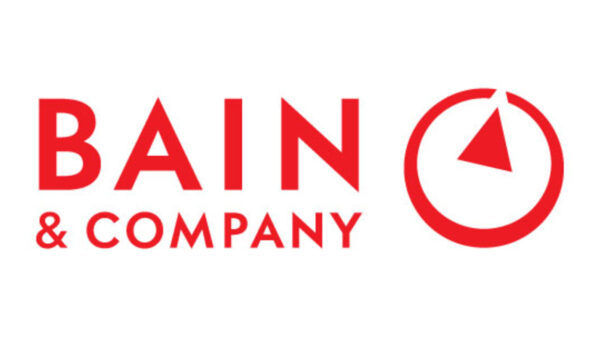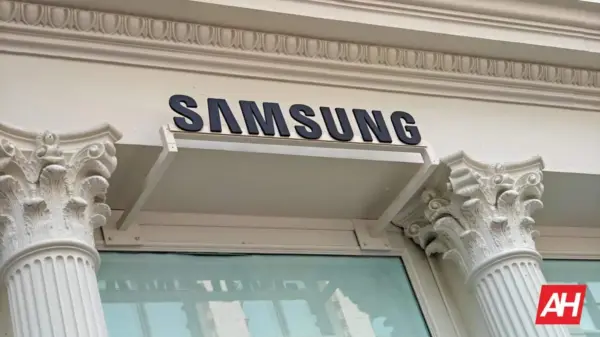In a strategic move that has transformed customer engagement in the fast-casual dining sector, Wingstop Inc. has successfully built a loyal customer base of over 60 million patrons. Under the leadership of CEO Michael Skipworth, who has been at the helm since 2019, the Dallas-based chain has integrated advanced technology into its operations, significantly enhancing its appeal and driving expansion.
Skipworth has implemented a comprehensive overhaul of Wingstop’s technology infrastructure, allowing the company to turn data into a competitive advantage. This initiative has led to the launch of the proprietary platform, MyWingstop, which offers hyper-personalized experiences. From customized menu recommendations to effortless ordering processes, this approach aims to take control of the entire customer journey.
The impact of this technological investment is evident in Wingstop’s recent performance. As reported by Restaurant Business, the chain has experienced double-digit same-store sales growth, even as other fast-casual restaurants face economic challenges. Skipworth envisions positioning Wingstop among the top ten global restaurant brands, with plans for an expansive loyalty program set to launch systemwide in 2026. This program builds upon a digital database that already captures 65% of sales, facilitating personalized rewards that encourage repeat visits.
Challenges and Technological Innovations
Despite the growth, the company has encountered its first same-store sales decline in three years, attributed to consumer caution amid ongoing economic uncertainty. In recent earnings calls, Skipworth emphasized the importance of their new operating system, which utilizes artificial intelligence to forecast demand and optimize inventory, ultimately reducing waste for their popular chicken wings.
Industry observers have noted that major fast-food chains, including McDonald’s, have successfully decreased wait times through similar technology. This trend has prompted smaller chains to adopt technologies such as geofencing and loyalty applications for improved efficiency.
Wingstop’s ambitious expansion plans continue, with over 2,500 locations worldwide and record openings in the second quarter, despite the recent sales dip. As highlighted by QSR Magazine, the chain has also seen rising average unit volumes, indicating resilience in their business model.
Insider trading activity has drawn attention, with Skipworth selling shares worth $1.66 million last month, as reported by Investing.com. Though he still holds a substantial stake in the company, this move has raised questions about insider confidence.
A Blueprint for Future Success
The narrative of Wingstop is one of innovation amidst volatility. By maintaining control of its technology stack, the chain has established a data-driven moat that many competitors envy, transforming casual diners into dedicated fans. Skipworth’s vision emphasizes “record-breaking success” through customer-centric technology, highlighting the importance of data in fostering loyalty.
Broad industry trends are evolving, as demonstrated by discussions on platforms like X (formerly Twitter), where startups like Thrive are disrupting traditional delivery models with the backing of major players like Coca-Cola and Domino’s. Wingstop’s strategy mirrors this shift toward in-house technology ecosystems, prioritizing data ownership to enhance customer interactions and retention.
In conclusion, under the guidance of Skipworth, Wingstop is not merely selling food; it is engineering devotion through meticulous data management. As consumer preferences evolve, this tech-focused strategy has the potential to redefine success in the fast-casual dining landscape, setting a precedent for the industry to follow.



































































